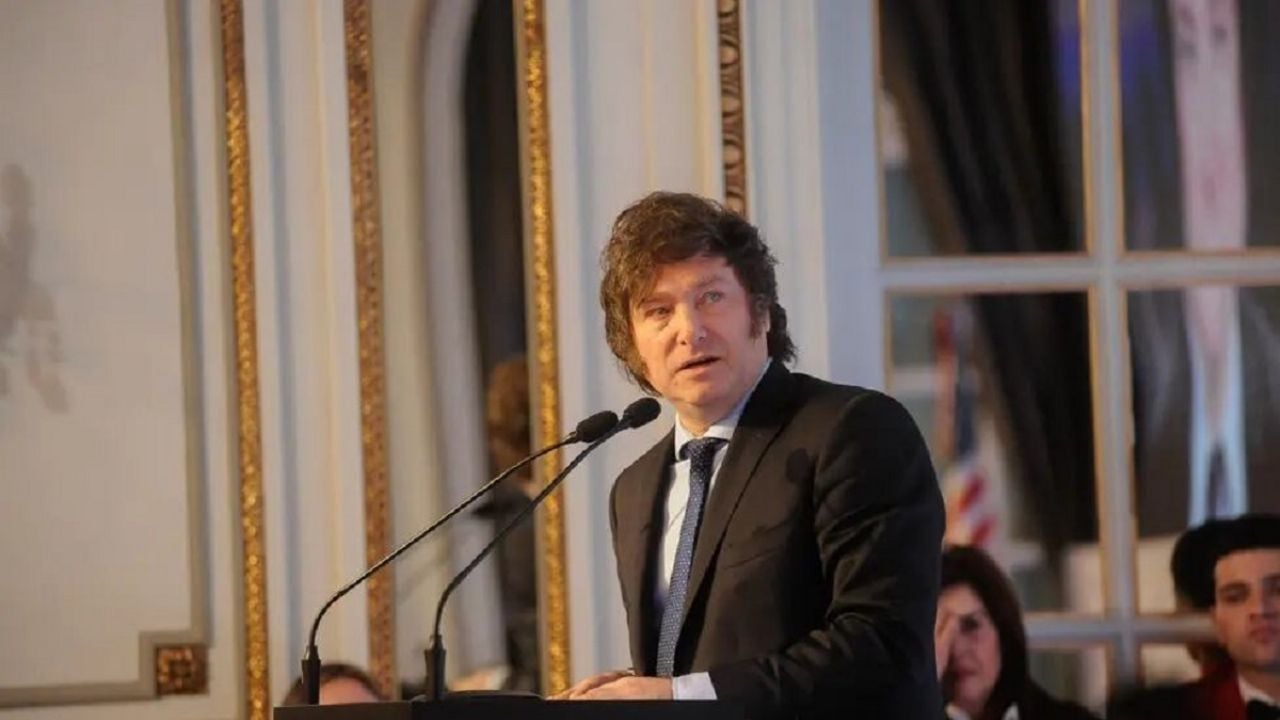He Government has convened the university unions in an attempt to de-escalate the salary conflict that has intensified in recent weeks. This meeting, which will take place at the Sarmiento Palace, headquarters of the Ministry of Education, has as its main objective the formation of a “technical commission” that will allow progress in the joint discussion and address other problems in the university sector.
The situation has become particularly tense due to the recent departure of university unions, who have expressed their discontent with the salary proposal of the Government. The offer of a 6.8% increase was rejected by the unions, who considered the proposal insufficient and too close to the date of the march.
This rejection has led the Government to seek new strategies to achieve an agreement that satisfies both parties. In this context, the Government is also seeking the support of the PRO (Republican Proposal) to shield the presidential veto of the university financing law.
This law, which will be discussed in the Chamber of Deputies, has generated an intense debate and the session is expected to be “hot.” The presidential veto, promoted by Javier Milei, has been a point of controversy, and the Government needs to ensure sufficient support to maintain its position.

The Government’s strategy includes strengthening ties with the PRO, led by Mauricio Macri, who has recently expressed his support for audits in universities. These audits, which the Executive intends to implement, have been the subject of controversy due to a resolution by the former Treasury Attorney, Carlos Zannini, which prevents them in the name of university autonomy.
However, Macri’s support has given new impetus to this initiative, accusing Kirchnerism and other sectors of managing university funds for political purposes. The Minister of Education, Sandra Pettovello, has indicated that several options are being explored to carry out these audits, which reflects the determination of the Government to move in this direction.

Commission
The creation of the technical commission is seen as a key tool to address these thorny issues and find solutions that benefit the university sector. In addition to the salary discussion and audits, the Government is considering expanding budget allocations for the university sector in Budget 2025.
This proposal, which will begin to be analyzed in committee in the Lower House, seeks to offer a long-term solution for the financial needs of universities. The fiscal cost of the rejected salary proposal reached $300 billion, less than half of what was budgeted by the law passed by Congress, suggesting that there is room for a new increase.
follow us on Google News and on our channel instagramto continue enjoying the latest news and our best content.


















